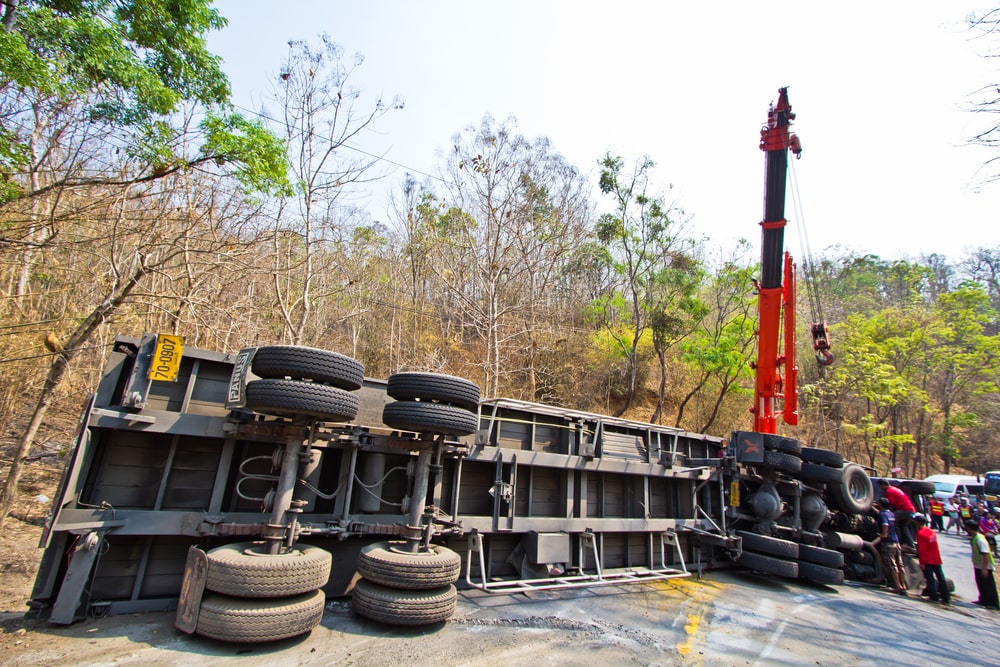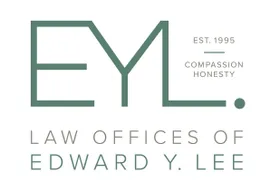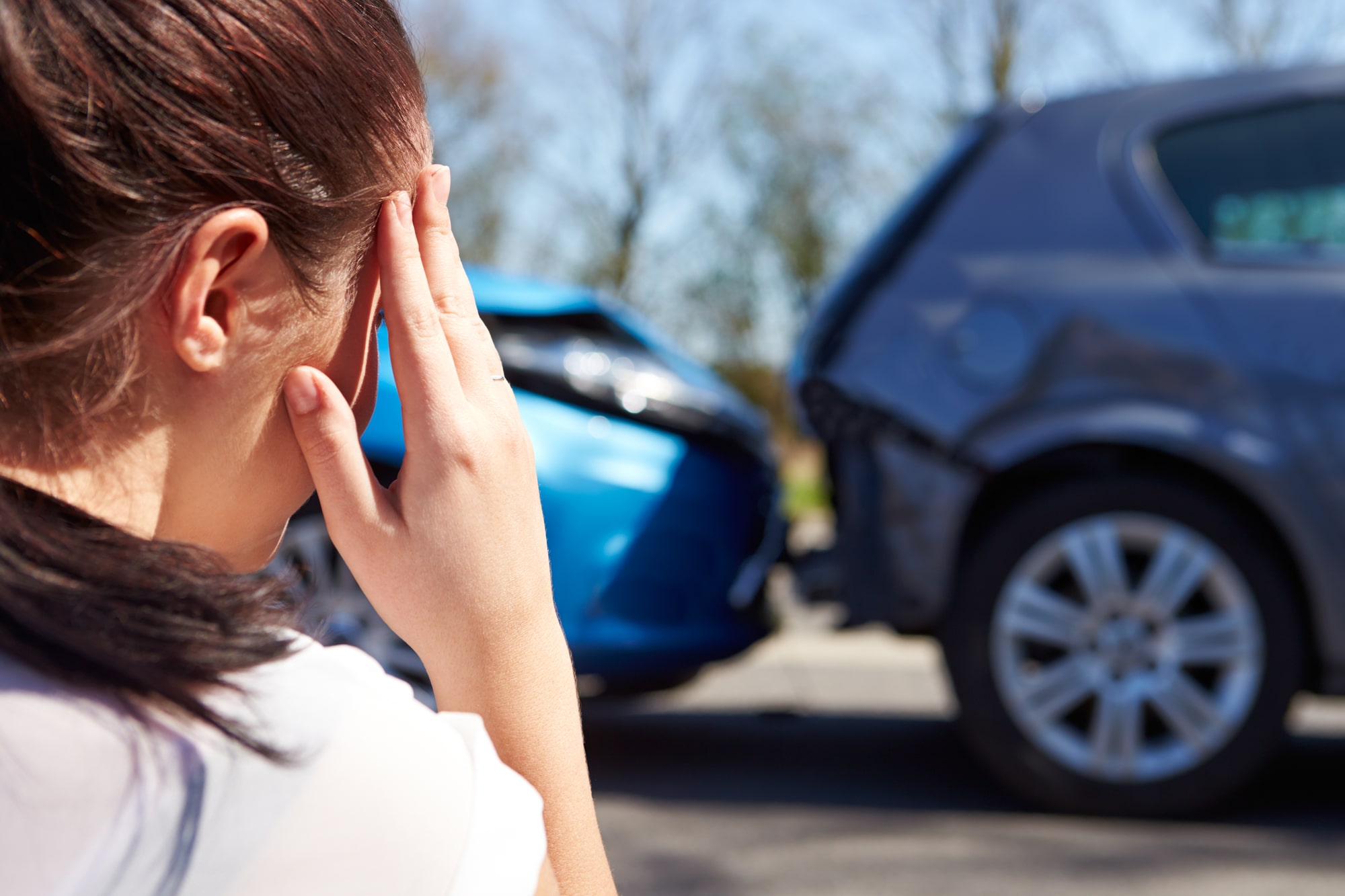Key Evidence To Collect After A Tractor Trailer Accident

When involved in a tractor-trailer accident, the aftermath can be overwhelming, and gathering the right evidence is crucial for building a strong case. Knowing what to collect can significantly impact the outcome of your claim and help you secure compensation. Below is a guide to the key types of evidence you should focus on after a tractor-trailer accident.
Important Evidence To Collect
One of the first pieces of evidence to be collected after an accident involving a tractor-trailer is the official police report. When authorities arrive on the scene, they will conduct an investigation and create a report that includes essential details about the incident. This document typically contains information on the parties involved, witness statements, and an initial assessment of fault. Obtaining a copy of this report is essential, as it can serve as a neutral, third-party account of what occurred.
Medical Records And Injury Documentation
Injuries sustained in tractor-trailer accidents can be severe, and documenting your medical condition is vital for your case. Seek medical attention immediately following the accident, even if you feel your injuries are minor. Sometimes, injuries can manifest later, so having a record of medical visits and treatments is crucial.
Make sure to keep copies of all medical records, including doctor’s reports, diagnostic tests, and prescribed treatments. These records will help establish the physical and emotional impact of the accident on your life and can be used to support your claim for damages.
Witness Testimonies And Contact Information
Witnesses who saw the accident can provide valuable, unbiased accounts of what occurred. If possible, gather the contact information of any witnesses at the scene. Their statements can corroborate your version of events and offer additional perspectives that might strengthen your case.
In some instances, your tractor trailer accident lawyer may contact witnesses for a formal statement or deposition. Having access to this information early on can prove beneficial in building a solid argument.
Expert Testimony And Accident Reconstruction
While evidence collection is critical, sometimes additional expertise is needed to analyze the data. Accident reconstruction specialists can review the available evidence and recreate the events leading up to the crash. These reconstructions can provide a more detailed understanding of the cause of the accident, potentially bolstering your claim.
Weather And Road Condition Reports
The condition of the road and weather at the time of the accident can significantly impact how the accident unfolded. If weather conditions were poor, such as rain, snow, or fog, it could have played a role in causing the accident. Similarly, road hazards like construction zones or uneven surfaces could also contribute to the accident’s cause.
Collecting weather reports and road condition data can provide additional context and help explain certain factors that may not be immediately clear from other types of evidence.
According to our friends at Ward & Ward Personal Injury Lawyers, collecting the right evidence after a tractor-trailer accident can be the difference between a successful claim and a prolonged legal battle. By gathering key documents such as the police report, medical records, and driver logs, and supplementing them with visual evidence and expert analysis, you’ll be well-positioned to build a compelling case. Don’t hesitate to seek legal assistance to help you organize and present this evidence, as timing and thoroughness are essential to securing a favorable outcome.
Note: The information provided in this blog post about injury car accidents in Los Angeles is for general informational purposes only and should not be considered legal advice.
Disclaimer: No attorney-client relationship is established by accessing or using this information. Readers should consult with a qualified attorney for advice specific to their situation. The authors make no representations regarding the accuracy or suitability of the information provided and disclaim any liability for reliance on it. Laws and regulations may vary and are subject to change.



